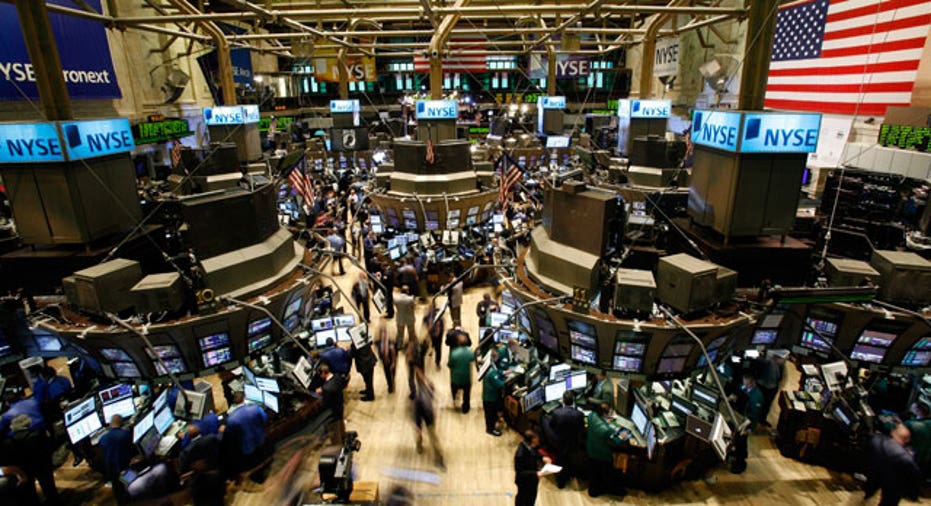Six Reasons to Think Twice About Hedge Funds

Hedge funds are a bit like a movie star whose latest films have flopped, but who still retains A-list status. These funds still have a certain cache among individual investors, who can feel like high rollers by participating in a vehicle not available to the average investor. They have also been eagerly pursued by institutional investors, who have been increasingly coaxed into alternative investments as a potential cure for portfolio results that have lagged behind goals.
The question is, do hedge funds deserve all the buzz? To put it more specifically, do hedge funds deserve a place in your investment portfolio?
A closer look at hedge funds
Here are six reasons you ought to think twice before investing in a hedge fund.
- The fees are over-sized. Hedge funds often charge annual management fees of around 2%. That may have been tolerable during the high-flying 1990s, but with interest rates now near zero and weak global growth reining in stock returns, 2% is just too big a hurdle to overcome.
- You'll probably have to share your profits. That 2% might seem like a fat enough fee, but besides charging that amount off the top, it is customary for hedge fund managers to also take 20% of any profits the fund makes. As with the high annual management fee, this profit participation is a practice that's ill-suited to today's low-return environment, and stacks the odds too heavily against investors.
- They don't constitute a well-defined asset class. Sophisticated investors seek asset-class diversification so different parts of their portfolios can play distinct roles. The problem is, even though hedge funds are often categorized as an asset class, they don't really fit into any sort of consistent definition. Some invest long while others short stocks; some specialize in commodities while others make interest rates bets. Part of the appeal of hedge funds is their investment flexibility, but this makes them behave more idiosyncratically than the components of a typical asset class.
- Too many players have gotten into the act. Hedge funds are supposed to be something of an elite investment, using strategies that are flexible enough to gain an edge on the financial markets. However, according to The Economist, there are now 8,000 fund managers trying to handle more than $2 trillion. At that size, the hedge fund market no longer seems elite nor flexible.
- They haven't delivered. The Economist reports that after fees, hedge funds have returned an average of 17% over the past decade. That's 17% in total, not per year. To put that in perspective, as low as CD rates are, you could have earned more in short-term CDs over the past decade.
- 'Funds of funds' only compound the problem. As the hedge fund industry has grown, a thriving business of putting together funds composed of several hedge funds has developed. The idea is to provide scrutiny and make it easier for investors to access multiple investment styles. More often, the reality is that this simply adds a layer of fees and makes the investment approach less transparent.
In the hands of managers with a well-established track record and a clearly defined investment approach, hedge funds really can be something special. More often, though, they turn out to be below-average performers at above-average prices.
The original article can be found at Money-Rates.com:6 reasons to think twice about hedge funds



















